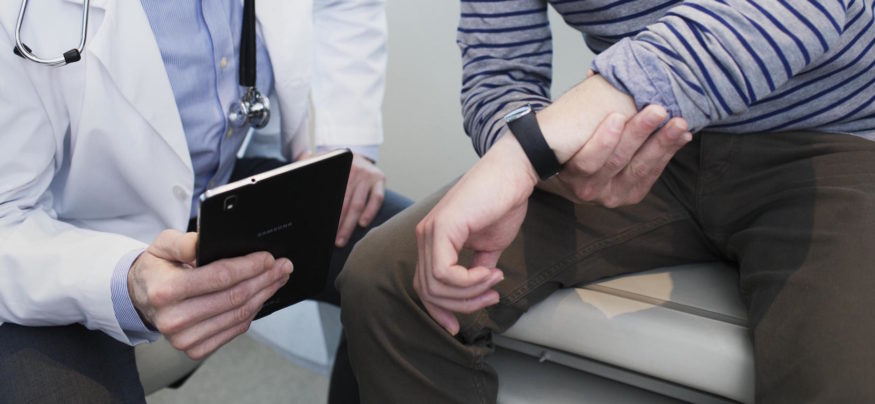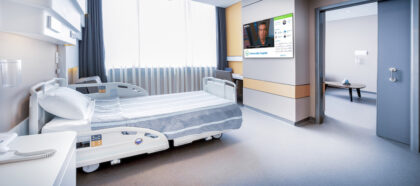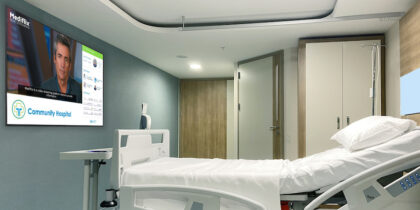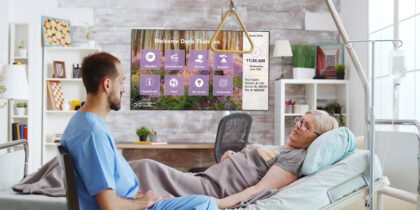Modern medical professionals are always on the go. Equipped with smartphones and tablets, they can access patient records, view lab results, conduct medical research and collaborate with other physicians in real time — all from the same mobile devices they use to check personal email and post pictures of their kids to Facebook. And therein lies the IT challenge.
With increased mobility comes increased security risks, especially for healthcare providers whose data management practices must meet HIPAA requirements. That’s why leading hospitals and medical practices are empowering their teams with devices that let them connect and engage with patients, manage their lives and keep EHR data secure.
Healthcare Mobility Is Here to Stay
With real-time access to patient records and medical research data, clinicians have all the information needed to make better decisions about patient care. No longer tethered to computers, or running back and forth to get lab results and patient files, medical personnel can help more patients in less time, reducing costs and employee frustration. Meanwhile patients — who can engage with providers from any device, anywhere, at anytime — have the tools and information they need to stay healthy and happy, whether they’re in the consultation room, at home or anywhere in between.
In April 2015, Partners HealthCare joined forces with Samsung to combine its top-rate medical expertise and research with Samsung’s outstanding software development to improve the patient experience for those managing chronic conditions. This technology aims to empower patients to manage their health and allow physicians to remotely monitor areas of concern such as weight and blood pressure. It would seem that the potential benefit outweighs the risks, but what happens when one of these mobile devices gets lost, stolen or hacked? How can healthcare providers ensure patient data doesn’t end up in the wrong hands?
Mobile Security: What Works and What Doesn’t
Companies across industries are rolling out security policies designed to protect corporate data on devices, according to the 2014 InformationWeek Mobile Security Survey. Typically these mobile security policies outline which devices can access corporate data, and how those devices must be secured.
While other industries can experiment with different strategies, healthcare providers have less flexibility. Sensitive patient data can only be accessed using devices that meet HIPAA requirements for security, which makes a “bring your own device” policy difficult to manage. However, requiring staff to use company-provided devices with robust mobile security features can hinder collaboration when it matters most. For example, when a physician needs to send a text message or make a quick call during a patient emergency, complicated passwords only slow down the process.
Another concern is that patient health information is making a home in the same space as medical workers’ personal data, which may not be secure. It seems that the two options are either to make staff members carry two devices, one for EHR access and one for personal use, or to provide them with a device that does both.
Addressing this challenge, Samsung smartphones feature Samsung KNOX, which enables dual personas for each user. With a container system to separate work data from personal data, Knox stores sensitive information in an encrypted environment, while leaving other functionality and apps easily accessible. This keeps doctors and patients connected, while data stays protected.
Visit Samsung’s Healthcare resources to learn more about how Samsung Business can help your organization balance security and patient care.








